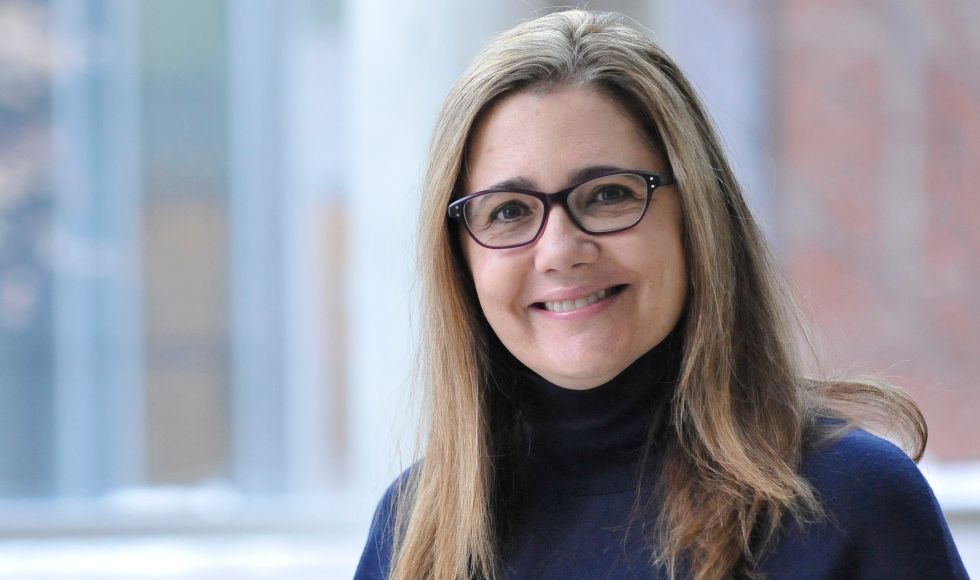Get comfortable talking about cannabis, pediatricians advise

Christina Grant is an associate professor of pediatrics at McMaster.
BY Tina Depko, Faculty of Health Sciences
June 5, 2020
Health-care providers are being provided with new guidance about discussing cannabis use with their young patients, thanks to a group of experts co-led by a McMaster University faculty member.
The Canadian Pediatric Society Cannabis Project Advisory Group, co-chaired by McMaster’s Christina Grant, is behind the recommendations and tools.
This guidance is being published in Paediatrics & Child Health, in an issue which will also include articles for primary care providers on cannabis and breastfeeding, edibles, and cannabis vaping.
“Cannabis is the most common substance for youth to seek substance abuse treatment for,” said Grant, associate professor of pediatrics at McMaster and an adolescent medicine specialist at McMaster Children’s Hospital. “By normalizing a conversation between adolescents and their health-care providers, we hope to reduce the number of cases requiring that level of care.”
Recommendations for clinicians include:
- Assure patient of confidentiality and ask permission to discuss cannabis use.
- Answer all patient questions honestly, to the best of your abilities.
- Assess possible impacts of cannabis use on family life, school, work and personal relationships.
- Collaborate with the patient to set specific and realistic goals.
- Arrange regular follow-up with patients using cannabis.
- Acknowledge parental needs and concerns about cannabis when they arise.
A 2019 survey showed that nearly half of Canadian adolescents between 16 and 19 years of age had used cannabis during the previous year. One in six youths who use cannabis will go on to misuse it.
Two clinical tools, including a visual guide to cannabis and information for parents, accompany the guidance document and can be accessed at www.cps.ca/en/cannabis.
“Respect for the patient is at the heart of this guidance,” said Grant. “We want teens to see their health-care provider as a trusted source of information and a partner in their decision-making.”
The project was funded by Health Canada.


